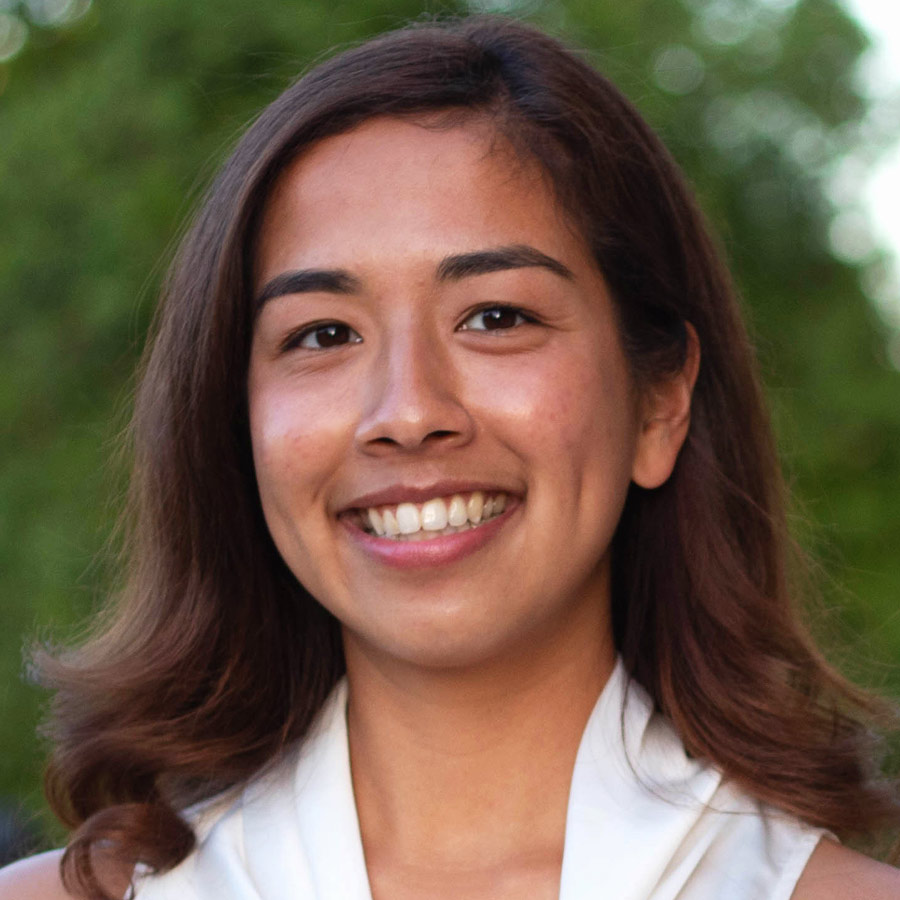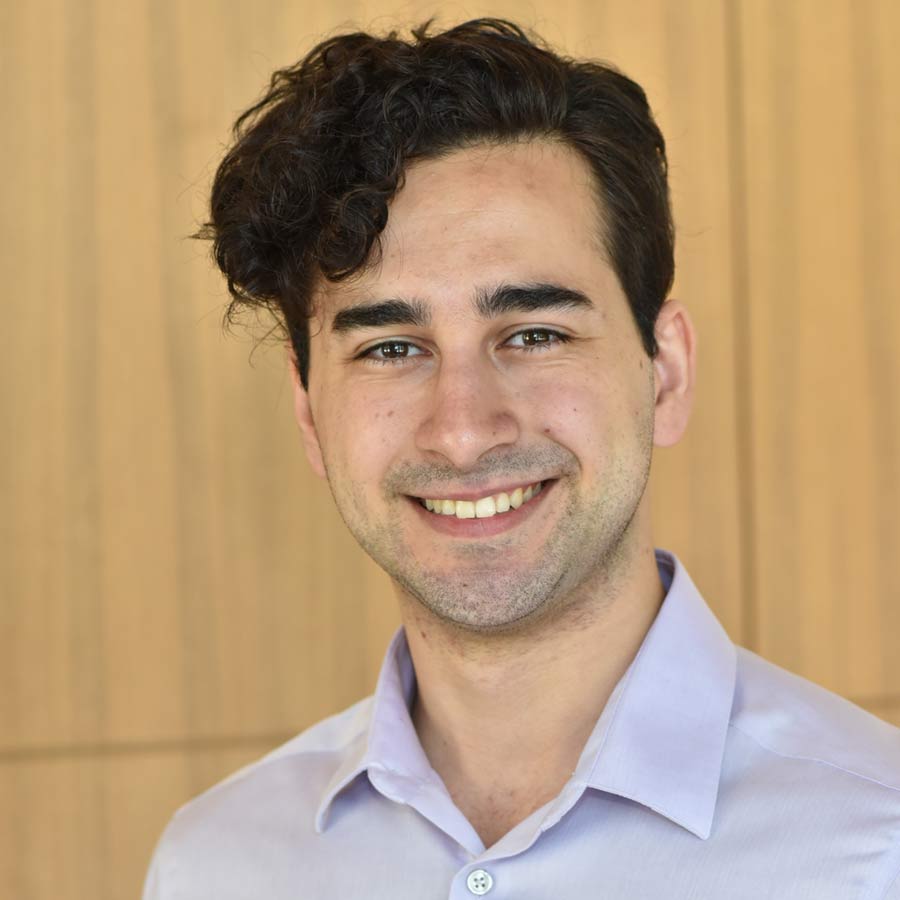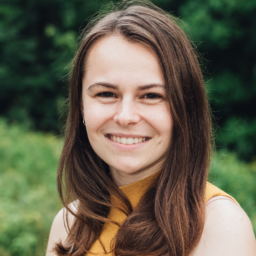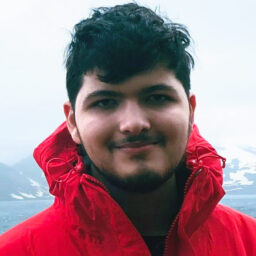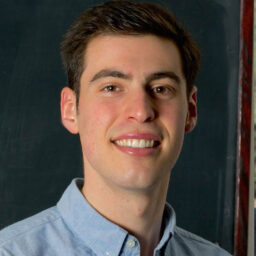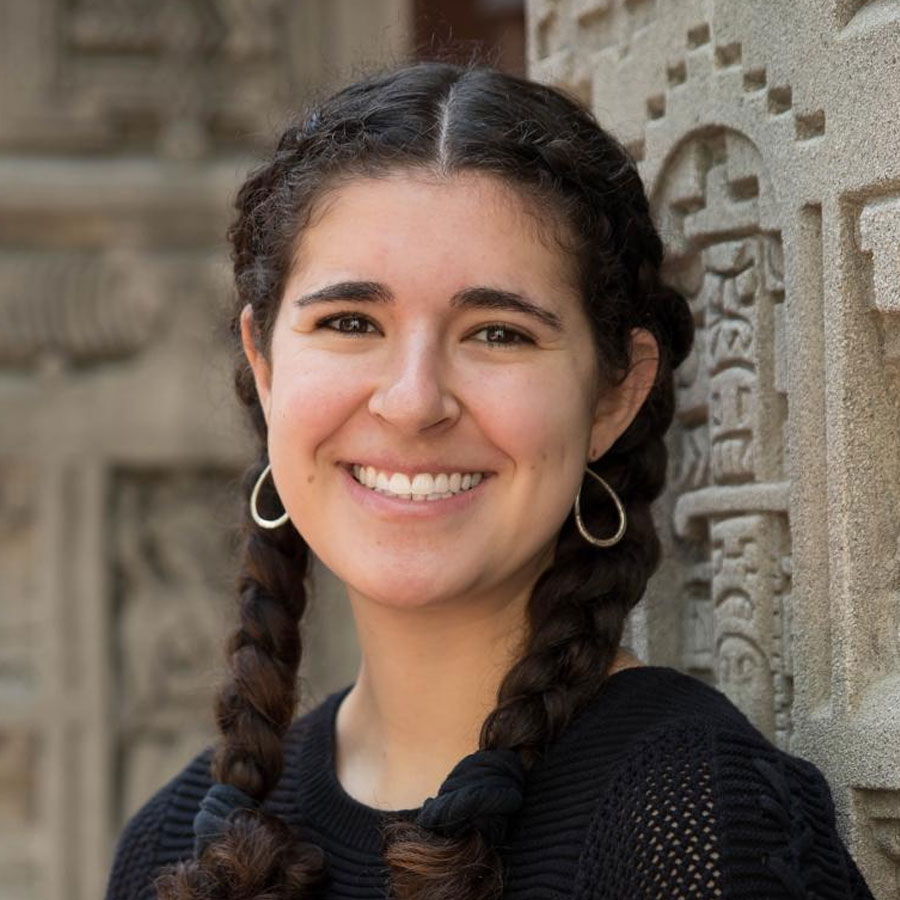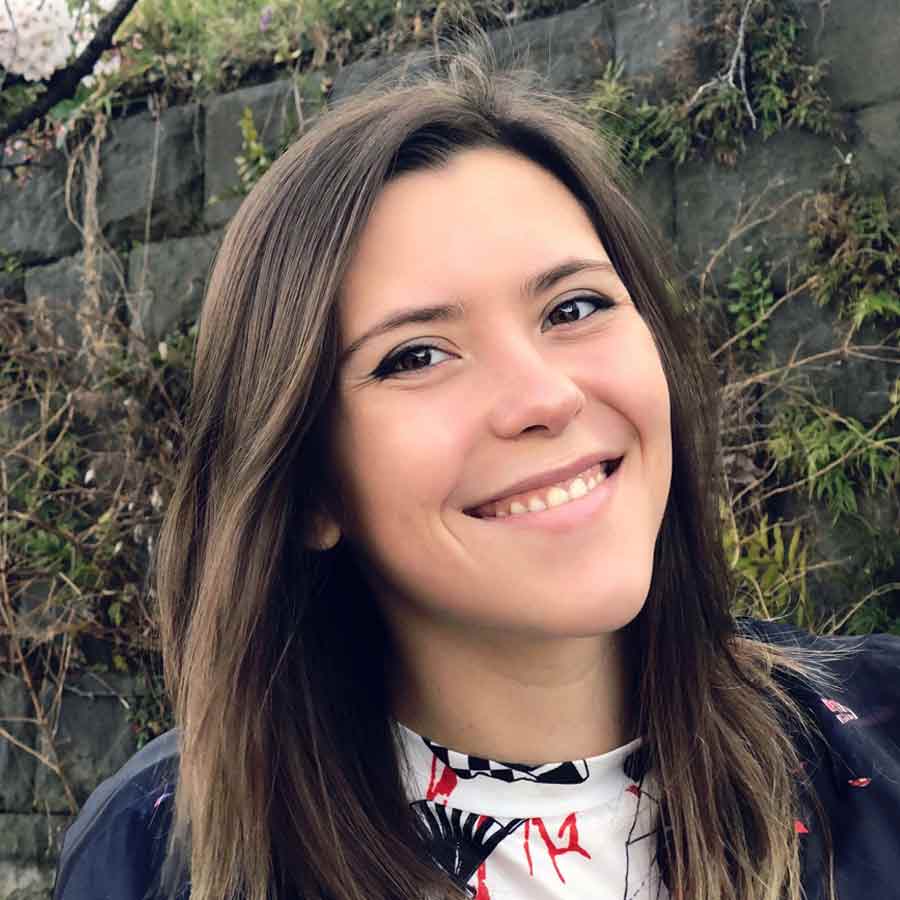Graduating Hertz Fellows Provide Critical Scientific Leadership
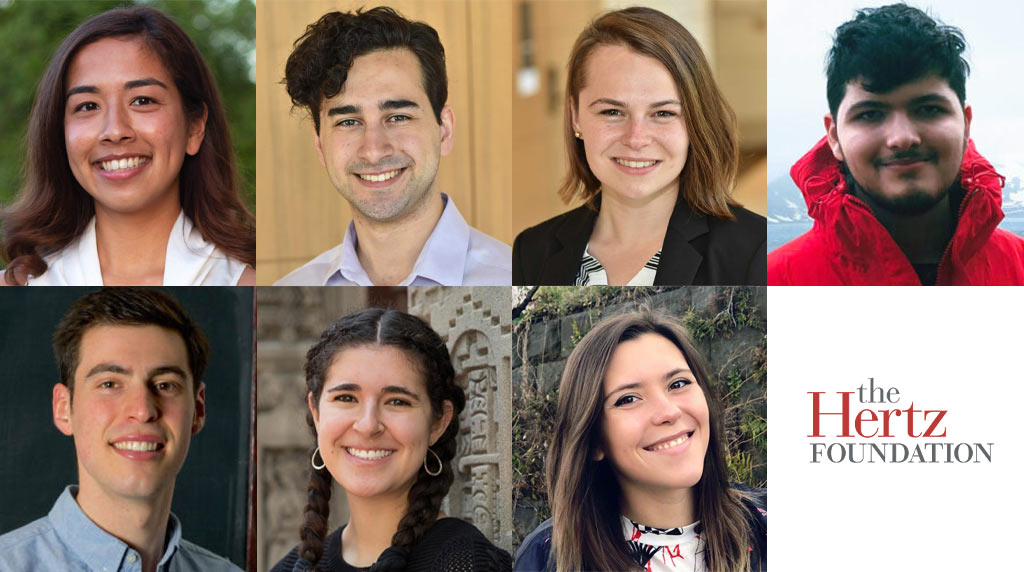
The Fannie and John Hertz Foundation is proud to recognize the most recent graduates of the Hertz Fellowship in applied science, mathematics, and engineering.
This year’s graduating Hertz Fellows have tackled some of the most pressing challenges facing our nation and the world throughout their doctoral studies. Leveraging the flexibility and support offered by the Hertz Fellowship, their research addressed pressing challenges in cancer research, deep learning systems, and public participation in democratic governance, to name a few.
"These Hertz Fellows are already delivering on their remarkable potential to become leaders in their fields," said Derek Haseltine, Director of the Hertz Fellowship Program. "Their work will undoubtedly continue to strengthen our nation in ways that have a meaningful and far-reaching impact, from enhancing national security to improving human health."
We congratulate them and look forward to celebrating them throughout their careers.
The Hertz Fellowship experience continues beyond the initial award to include permanent membership in a multigenerational, intellectual community of peers that includes some of the nation’s most noted science and technology leaders, offering a unique engine for professional development and collaboration. Hertz Fellows have access to lifelong programming, such as mentoring, events and networking, which has led them to form research collaborations, commercialize technology and create and invest in early-stage companies together, among other opportunities.
Explore the complete directory of Hertz Fellows to learn more about their diverse backgrounds and interests.
Meet the Graduating Fellows
Thesis: Modulating immune signaling with engineered cytokines
Gita Abhiraman’s thesis focused on immune signaling, structural biology, and protein engineering with applications in cancer and autoimmune disease. In one project, she solved the structure of the cytokine interleukin-21 (IL-21) and studied the effects of IL-21 as a vaccine adjuvant in human tonsil organoids. In a collaboration with David Baker’s group at University of Washington, she solved the structure of a synthetic cytokine mimic protein that led to robust tumor responses in mouse models. In another project, she engineered molecular immune switches with applications in cancer and autoimmune disease.
Gita is currently finishing the clinical portion of her MD/PhD degree and plans to start a combined clinical and postdoctoral research residency program in fall 2025.
Select graduate activities:
- Class representative at Stanford Medical School.
- Inventor on two patents resulting from her PhD work
Gita would like to acknowledge the following Hertz mentors: Anna Bershteyn and Megan Blewett
Thesis: Scaling and Renormalization in Statistical Learning
Alexander Atansov’s research focuses on deep learning through the lens of high-dimensional statistics, random matrix theory, and extensive empirics. The statistical physics ideas of scaling and renormalization arise naturally and ubiquitously in high-dimensional machine learning. By leveraging these ideas, he was able to observe and study many phenomena displayed by state-of-the-art large language and vision models. Ultimately, his work can be applied to developing deep learning systems that are more scalable, reliable, and interpretable — and begins to crack open the black box of deep learning.
Alex would like to acknowledge the following Hertz mentors: Ben Eysenbach, Jordan Cotler and Dan Roberts
Thesis: Expanding our Participatory Democracy Toolkit using Algorithms, Social Choice, and Social Science
Bailey Flanigan’s research aims to design and support methods for facilitating more direct public participation in democratic governance. Her work studies many aspects of this problem, including (1) how deliberation may affect participants' political opinions, (2) the consequences of standard notions of representation, and (3) how to choose participants when not all members of the population can participate. One thread of her work has contributed algorithms that are now used widely to choose participants of citizens' assemblies, and another has led to experiments studying opinion change that are being run in deliberative contexts across multiple continents.
Bailey is currently a Harvard Data Science Initiative Fellow and will start as an assistant professor at Massachusetts Institute of Technology in fall 2025, with a joint appointment between EECS and political science.
Select graduate awards and activities:
- Siebel Scholar (2024)
- Carnegie Mellon University Computer Science service award (2022)
- Co-recipient of the CMU-wide graduate student service award (2022)
- Course designer and facilitator for Diversity, Equity, and Inclusion require course for first-year PhD students
Bailey would like to acknowledge the following Hertz mentors: Aaron Archer, Sam Rodriques, Philip Welkhoff, Robbee Kosak
Thesis: The Unprecedented Risks and Opportunities of Extended Reality Motion Data
Vivek Nair’s core research areas are Computer Security & Privacy (S&P), Artificial Intelligence & Machine Learning (AI/ML), and Augmented Reality & Virtual Reality (AR/VR). His dissertation (a) identifies and describes a novel dataset of over 4.7 million motion capture recordings, (b) shows that 55,000+ users can each be uniquely identified with 94.33% accuracy from just 100 seconds of motion data, (c) demonstrates that machine learning models can accurately and consistently infer over 40 personal attributes from motion data alone, (d) shows that adversarially designed XR applications can infer an even wider range of attributes, and (e) proposes two approaches for hiding sensitive data in motion recordings. These findings have significant implications for the security and privacy of XR devices such as the Meta Quest or Apple Vision Pro, and beyond XR, further reveal previously unknown truths about the uniqueness of human motion.
Select graduate awards and activities:
- U.S. national collegiate VR eSports championship winner and the co-captain of Cal VR eSports.
- Best Paper award at User Interface Software and Technology (UIST) (2023)
- Best Artifact award at USENIX Security (2023)
- Honorable Mention at Institute of Electrical and Electronics Engineers (IEEE) VR (2024)
- University of California, Berkeley’s Tong Leong Lim Pre-Doctoral Prize (2022)
Vivek would like to acknowledge the following Hertz mentors: Philip Welkhoff, Charles Dove
Thesis: Pooled genetic screens with rich readouts at scale and in vivo
Reuben Saunders’ graduate work focused on an approach that could enable a systematic and comprehensive understanding of how specific genes control diverse cellular and tissue phenotypes in living animals, under different physiological states. His work provides a new path to characterizing multidimensional genotype-phenotype relationships in living tissues, in a scalable manner that will be broadly applicable across diverse tissues as well as physiological and disease states.
Reuben is currently a Harvard Junior Fellow.
Thesis: Enzymatically debulking the cancer glycocalyx
Gabrielle Tender’s graduate research focused on developing, characterizing, and engineering enzymes that remove mucins (a class of densely sugar-coated proteins) from the surface of cells and specifically targeting this activity to cancer cells. This work represents the first proof-of-concept approach of directly drugging mucins in cancer.
Gabby is currently working as an associate program officer at the Bill & Melinda Gates Foundation.
Select graduate awards and activities:
- Evelyn Liang McBain Award (Stanford Chemistry department named fellowship for senior graduate students) (2023)
- VP, of oSTEM@Stanford and mentor for the FAST program
Gabby would like to acknowledge the following Hertz mentors: Philip Welkhoff
Thesis: Murmurations of Modular Forms
Nina Zubrilina's graduate studies focused on elliptic curves, which are arguably the "smallest" non-trivial example of a curve; yet, they turn out to be incredibly rich in the information they encode and are some of the most complex curves to study. Her work is the first significant step in proving and quantifying a phenomenon observed in the paper "Murmurations of Elliptic Curves" by Yang-Hui He, Kyu-Hwan Lee, Thomas Oliver, and Alexey Pozdnyakov, who detected a remarkable oscillation in finite field point counts of elliptic curves with a fixed root number and conductor within a bounded interval.
Select graduate activities:
- Mentor at Teaching without Boarders
- Teaching Assistant at Park City Mathematics Institute Summer Program
- Mentor at Mentoring Möbius
About the Hertz Foundation
Founded in 1957, the Fannie and John Hertz Foundation accelerates solutions to the world's most pressing challenges, from enhancing national security to improving human health. Through the Hertz Fellowship, the Foundation identifies the nation's most promising young innovators and disruptors in science and technology, empowering them to become the future leaders who keep our country safe and secure. Today, a community of more than 1,300 Hertz Fellows are a powerful, solution-oriented network of our nation's top scientific minds, working to address complex problems and contributing to the economic vitality of our country.
